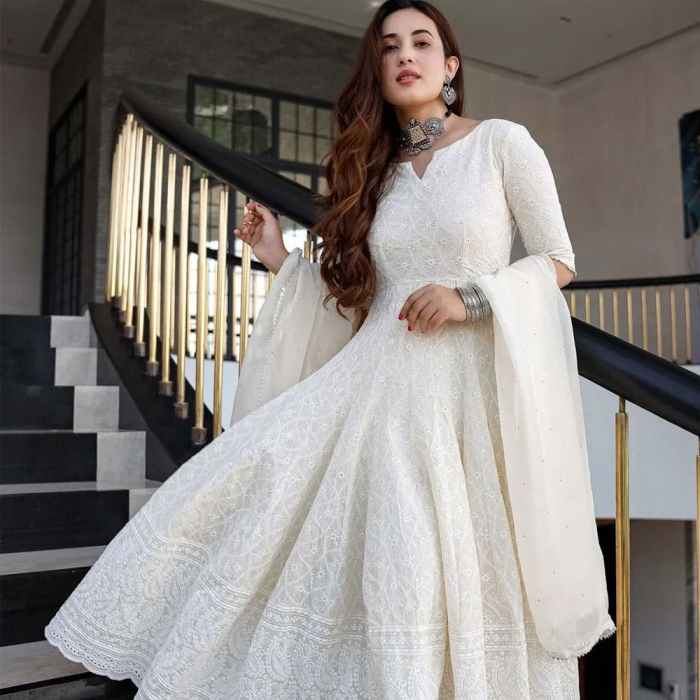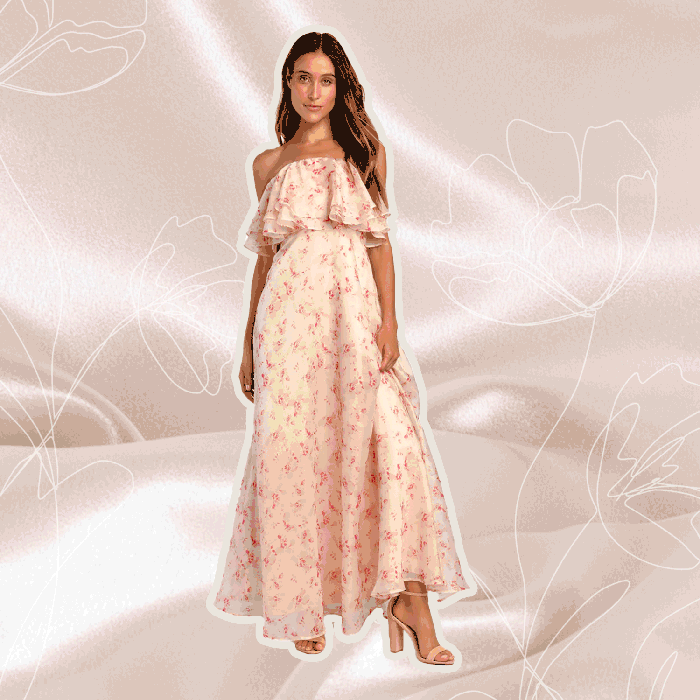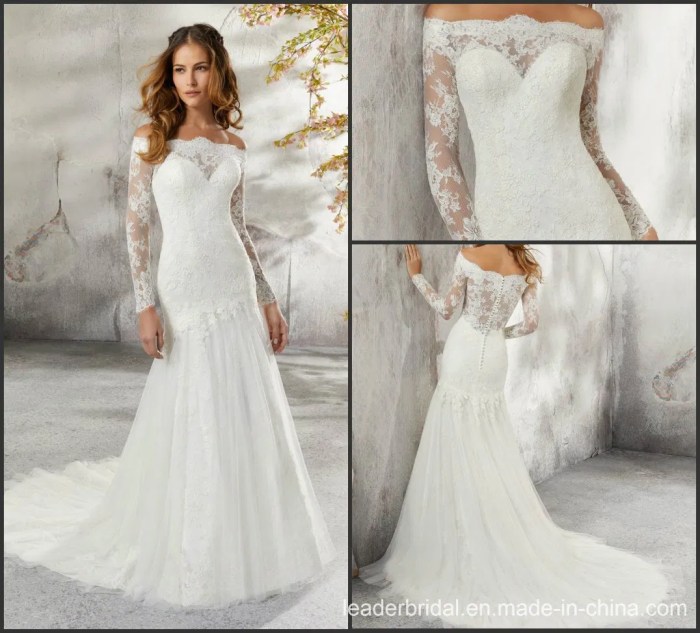The Enduring Elegance of Ivory Wedding Dresses
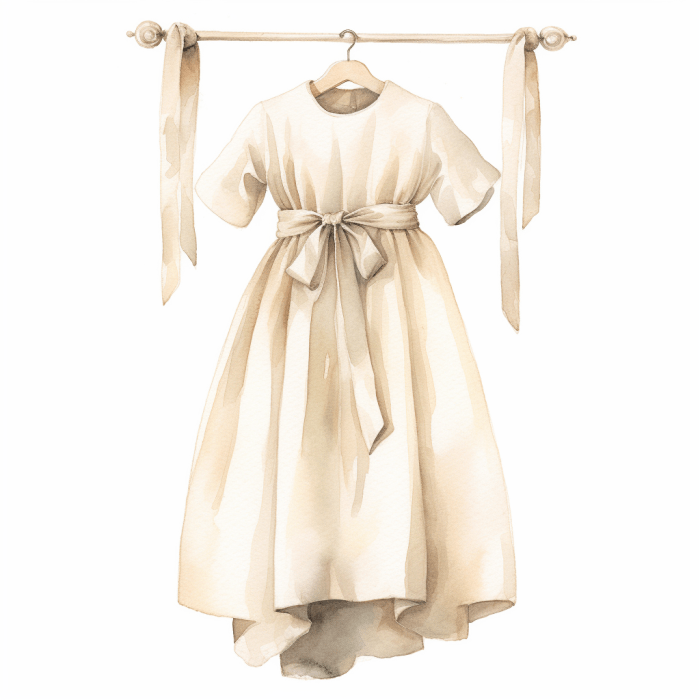
Source: clipart-library.com
Ivory wedding dress meaning – The ivory wedding dress, a symbol of timeless elegance and refined beauty, holds a rich history and multifaceted symbolism. From its historical association with purity to its contemporary interpretations, the choice of ivory continues to resonate deeply with brides worldwide. This exploration delves into the historical significance, symbolic meaning, modern trends, and visual impact of this classic wedding attire choice.
Historical Significance of Ivory in Weddings, Ivory wedding dress meaning
The association of ivory with purity and innocence in Western wedding traditions is deeply rooted in history. Ivory, a precious material historically derived from elephant tusks, was often associated with wealth and status, making it a desirable choice for bridal attire in aristocratic circles. Its creamy white hue, reminiscent of untouched snow, further solidified its connection with purity and virginity.
The use of ivory in wedding attire evolved across different eras, with its prominence fluctuating based on social trends and availability. In earlier periods, ivory might have been incorporated as intricate embellishments on dresses, rather than the entire gown being made of the material itself, due to its rarity and cost. Across cultures, the symbolism varied. While in Western traditions it frequently symbolized purity, other cultures might have attributed different meanings to the color or the material itself, depending on their cultural context and beliefs.
For instance, in some cultures, ivory might have been associated with good fortune or prosperity.
Examples of historical wedding attire featuring ivory include elaborate gowns adorned with ivory lace, common among Victorian-era brides, or gowns with ivory silk panels and embroidery, prevalent during the Edwardian period. These dresses, often showcased in historical paintings and photographs, offer glimpses into the changing styles and societal values of their time.
Symbolic Meaning of the Color Ivory
Ivory’s symbolism extends beyond its historical context. The color itself is often interpreted as elegant, sophisticated, and timeless. Its subtle warmth, compared to the starkness of pure white, lends a feeling of understated luxury. The psychological impact of an ivory wedding dress can be both calming and empowering for the bride, creating a sense of serene confidence. Guests, too, often perceive ivory as a sophisticated and refined choice, reflecting the bride’s taste and personality.
Compared to other popular wedding dress colors like white (representing traditional purity and innocence) and cream (often viewed as more romantic and gentle), ivory offers a middle ground. It combines the purity associated with white with a warmer, more approachable tone. Cream might be seen as softer and more romantic, while white can feel more stark or formal.
| Color | Symbolism | Historical Context | Modern Interpretation |
|---|---|---|---|
| Ivory | Purity, elegance, sophistication, timelessness, understated luxury | Historically associated with wealth and status; used in aristocratic weddings. | Classic and refined; a popular choice for modern brides. |
| White | Purity, innocence, virginity, tradition | Long-standing Western tradition; symbolized purity and new beginnings. | Still a popular choice, often associated with classic and traditional weddings. |
| Cream | Romance, gentleness, warmth, softness | Less historically significant than white or ivory; gained popularity in later periods. | A romantic and softer alternative to white or ivory. |
Ivory Wedding Dresses in Modern Weddings

Source: rattibha.com
Ivory wedding dresses remain incredibly popular in contemporary weddings. Their versatility allows them to complement various wedding themes and styles, from rustic chic to glamorous affairs. The spectrum of ivory shades available today is extensive, ranging from a warm, almost beige hue to a cool, almost white shade. This allows brides to choose a shade that perfectly complements their skin tone and the overall aesthetic of their wedding.
- A-line ivory gown with delicate lace appliqués
- Ballgown ivory dress with a full skirt and satin bodice
- Mermaid ivory gown with intricate beading and a dramatic train
- Sheath ivory dress with a sleek silhouette and subtle embellishments
Imagine a breathtaking ivory wedding dress crafted from luxurious silk charmeuse. The gown features a fitted bodice delicately embellished with hand-sewn pearls and a flowing A-line skirt that gracefully skims the floor. The overall aesthetic is one of refined elegance and understated glamour, perfectly complementing the bride’s natural beauty.
Ivory Wedding Dress Fabrics and Textures
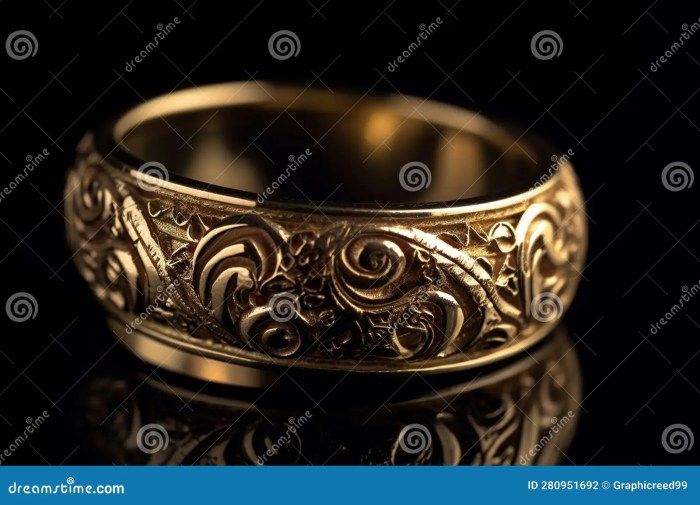
Source: dreamstime.com
The choice of fabric significantly impacts the overall look and feel of an ivory wedding dress. Different fabrics offer unique textures, drapes, and sheens, contributing to the gown’s overall aesthetic.
- Silk: Luxurious, flowing, with a subtle sheen. Suitable for various styles, particularly A-line and ballgown.
- Satin: Smooth, lustrous, with a high sheen. Ideal for creating a sleek and sophisticated look, often used in sheath or mermaid styles.
- Lace: Delicate, intricate, with varying textures depending on the pattern and design. Adds a romantic and feminine touch to any style.
- Tulle: Lightweight, sheer, with a soft and airy feel. Often used for creating volume in ballgown or A-line styles.
Visual Representation of Ivory Wedding Dresses
The visual impact of an ivory wedding dress is dramatically affected by the backdrop and lighting conditions. Against the backdrop of a grand church, the dress’s subtle sheen might catch the light filtering through stained-glass windows, creating a magical aura. In a sun-drenched garden, the ivory fabric might appear warmer and more radiant, while on a beach, the interplay of light and shadow would highlight its texture and drape.
Natural light tends to enhance the ivory’s warmth and subtle variations in tone, whereas artificial light can sometimes make it appear more uniform or even slightly altered in color.
Imagine an ivory silk gown, its texture rich and smooth to the touch. The fabric shimmers subtly under the soft glow of candlelight, the delicate lace appliqués catching the light and casting intricate shadows. The overall effect is one of ethereal beauty and timeless elegance.
The bride walked down the aisle, her ivory gown a breathtaking vision against the vibrant green backdrop of the garden. Sunlight filtered through the leaves, dappling the fabric with shifting patterns of light and shadow, highlighting the delicate lace embroidery that adorned the bodice. Each step she took seemed to whisper elegance, her presence captivating all who witnessed her arrival.
Questions Often Asked: Ivory Wedding Dress Meaning
What is the difference between ivory and off-white wedding dresses?
Ivory has a warmer, creamier undertone, while off-white is closer to a pure white with a slightly gray or yellow tint. The difference is subtle but noticeable.
Can I wear an ivory wedding dress if I’m not a traditional bride?
Absolutely! Ivory is versatile and can be styled in many ways, from bohemian to modern minimalist. The style of the dress itself, rather than the color, dictates the overall aesthetic.
How do I choose the right shade of ivory for my skin tone?
Experiment with different shades! Warmer ivory tones complement warmer skin tones, while cooler ivories flatter cooler skin tones. Consult with a bridal stylist for personalized advice.
Are there any downsides to choosing an ivory wedding dress?
Ivory can sometimes appear less bright in photographs than pure white, depending on the lighting. However, many brides find this subtle warmth more flattering.

